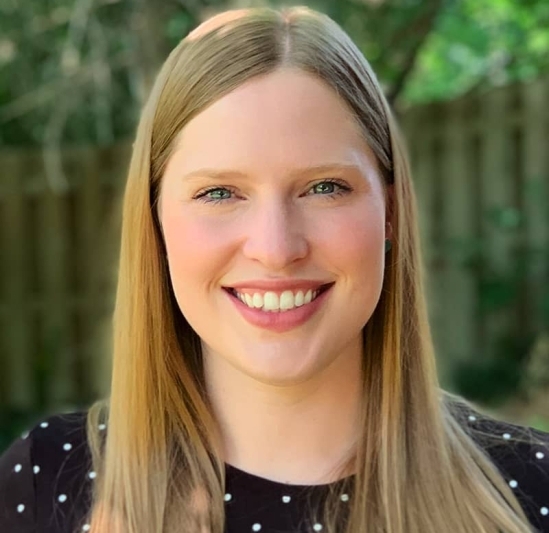Lindsay Brainard to Deliver Lecture as Part of the Class of 1963 Scholars in Residence Program Brainard’s talk “Does Artificial Intelligence Make Human Creativity Obsolete” will be held Sept. 26 at 5 p.m. in Northen Auditorium.
Dr. Lindsay Brainard, assistant professor of philosophy at the University of Alabama at Birmingham, will deliver a lecture titled “Does Artificial Intelligence Make Human Creativity Obsolete” on Sept. 26 from 5-6 p.m. in Northen Auditorium on the Washington and Lee University campus. The talk is free and open to the public.
Brainard is visiting W&L as part of the Class of 1963 Scholars in Residence Program, supported by the Department of Philosophy and the Office of the Provost. Her research is primarily focused on the philosophy of science, epistemology and aesthetics, with a particular focus in questions regarding explanation, discovery, creativity and artificial intelligence (AI).
In her talk, Brainard considers what philosophers and non-philosophers have said about the value of creativity and compares these accounts to the capabilities of contemporary AI. The fact that AI appears capable of generating products with the same kinds of value for which human creativity has long been prized raises a dilemma regarding how we ought to live our lives in the age of AI. Brainard considers four possible responses to this dilemma and argues that future philosophical work on the nature of creativity is needed to settle this matter.
“The integration of AI, particularly large language models, into creative processes is reshaping how we think about creativity,” said Li Kang, assistant professor of philosophy at W&L. “AI has the potential to reshape the ways of learning and working, while simultaneously prompting deep reflections on our fundamental human values. This question transcends disciplinary boundaries, impacting various groups within our campus community. Welcoming Dr. Brainard to campus provides a unique opportunity to engage in a timely discourse on the interplay of creativity and AI.”
Brainard earned a bachelor’s degree from the College of Wooster, a master’s degree from Cambridge University (U.K.) and a doctorate degree from the University of North Carolina at Chapel Hill. She began her professional career as a McDonnell Postdoctoral Fellow in the Philosophy-Neuroscience-Psychology program at Washington University in St. Louis, and also served as an assistant professor of philosophy at Calvin University, before arriving at UAB in 2020.
 Dr. Lindsay Brainard
Dr. Lindsay Brainard
You must be logged in to post a comment.